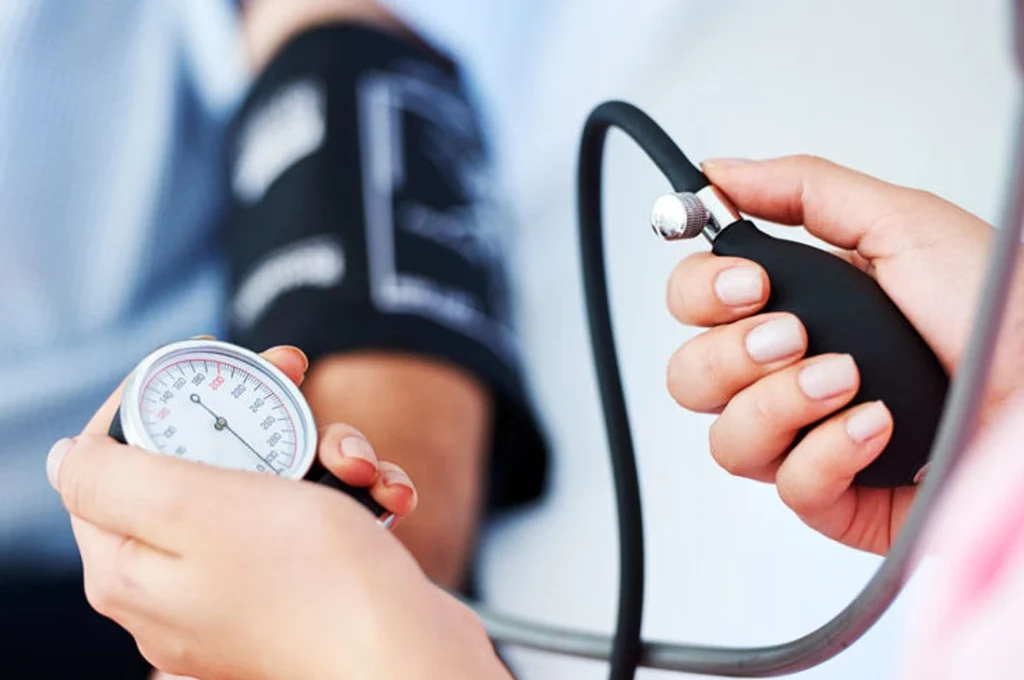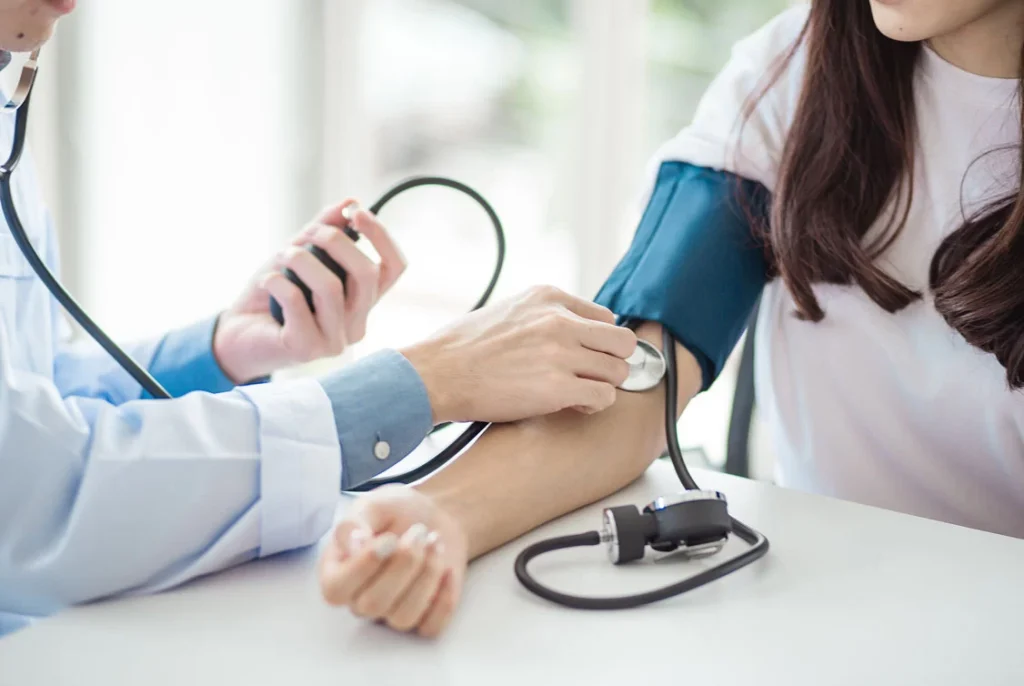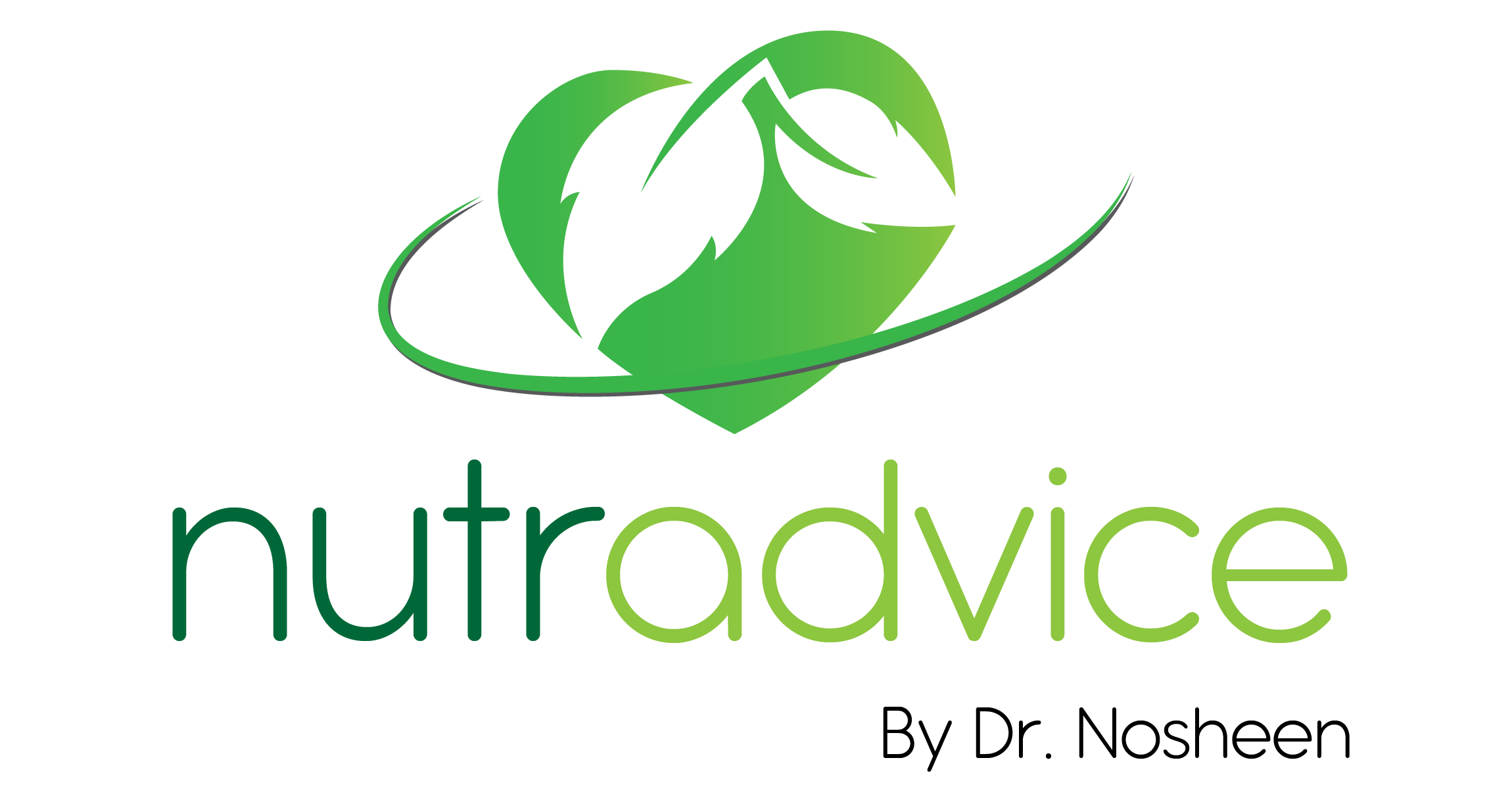Elevated blood pressure
- Home
- Acute & Long Term Care
Understanding Hypertension: Causes, Risks, and Solutions
Lots of people around the world suffer from elevated blood pressure, also referred to as excessive blood pressure. Known as a “silent killer,” hypertension can cause silent harm to your body for years before any symptoms show up. We will define hypertension, examine its origins and related dangers, and talk about ways to address this common health problem in this blog.
What Is Hypertension?
A medical condition known as hypertension is defined by consistently high blood pressure against the artery walls. Two figures are used to measure blood pressure:
- Systolic Pressure: The pressure when the heart beats.
- Diastolic Pressure: The pressure when the heart rests between beats.
A blood pressure measurement of less than 120/80 mmHg is considered normal. A value of 130/80 mmHg or higher is considered hypertension. It can result in significant health issues like kidney damage, heart disease, stroke, and more if treatment is not received.

Our Process
Types of Weight Loss
Intentional Weight Loss
Achieved through lifestyle changes such as diet, exercise, and behavioral modifications.
1
Unintentional Weight Loss
Often linked to medical conditions like thyroid issues, diabetes, or chronic illnesses.
2
What Are the Problems Caused by Hypertension?
If left unmanaged, hypertension can lead to severe complications, including:

Heart Disease
Hypertension can cause the risk of heart attack, heart failure, and arrhythmias.
Stroke
High blood pressure can cause blockages or rupture of blood vessels in the brain.
Kidney Damage
The kidneys can suffer damage due to the extra strain caused by high blood pressure.
Eye Damage
Hypertension can lead to vision problems or blindness by damaging the blood vessels in the eyes.
Cognitive Decline
Studies have linked hypertension to an increased risk of dementia and memory problems.
How Can Hypertension Be Tackled?
The good news is that medication, lifestyle modifications, and routine monitoring can all be used to treat hypertension effectively. The following are some tactics:
Liminate sodium: Less than 2,300 mg per day (or less if your doctor recommends). Hypertension can be controlled through a diet that is recommended by focusing on fruits, vegetables, whole grains, lean proteins, and low-fat dairy. Steer clear of processed foods, which are often heavy in excessive sugar, saturated fat, or salt.
Engage in at least 150 minutes of moderate-intensity aerobic exercise per week, such as swimming, cycling, or brisk walking. Regular physical activity reduces blood pressure and strengthens the heart.
Blood pressure may be significantly reduced by a few pounds of weight loss.
Engage in activities that are deemed to relax the mind, such as deep breathing, meditation or yoga. Prioritize activities that give you joy and minimize stress.
Reduce Alcohol: Stay within moderate levels — one drink per day for women and two for men. Stop Smoking: Smoking raises blood pressure and destroys blood vessels.
Use a home blood pressure monitor to keep an eye on your blood pressure. Share the readings with your doctor. You must see a doctor regularly so he can intervene early if needed.
In case lifestyle modifications do not work, your doctor might prescribe antihypertensive medications. Be sure to follow their instructions as well.
What Are the Causes of Hypertension?
The following are some of the elements that lead to the development of hypertension:
1. Lifestyle Factors
- Poor Diet: Consuming a lot of processed foods, salt, and bad fats can cause blood pressure to rise.
- Absence of Physical Activity: A sedentary lifestyle damages the cardiovascular system and causes weight gain.
- Both excessive alcohol use and tobacco use can harm blood vessels and raise blood pressure.
2. Underlying Medical Conditions
- Chronic Kidney Disease
- Diabetes
- Sleep Apnea
- Hormonal Disorders
3. Genetic Predisposition
You are more likely to get hypertension if you have a family history of it.
4. Age and Gender
Before the age of 65, men are often more at risk than women for hypertension, which is more prevalent as people age. Women are more susceptible to high blood pressure after the age of 65.
5.Stress
Temporary blood pressure spikes caused by chronic stress may eventually turn into permanent ones.

Conclusion
When treated early on, hypertension is a treatable condition. You can significantly lower the chance of problems by being aware of their origins and dangers and making a commitment to a healthier lifestyle. You may take charge of your blood pressure and enhance your general health by maintaining regular contact with your healthcare practitioner and practising self-care.

